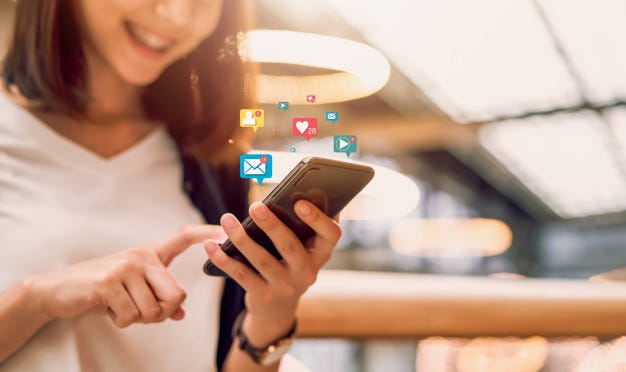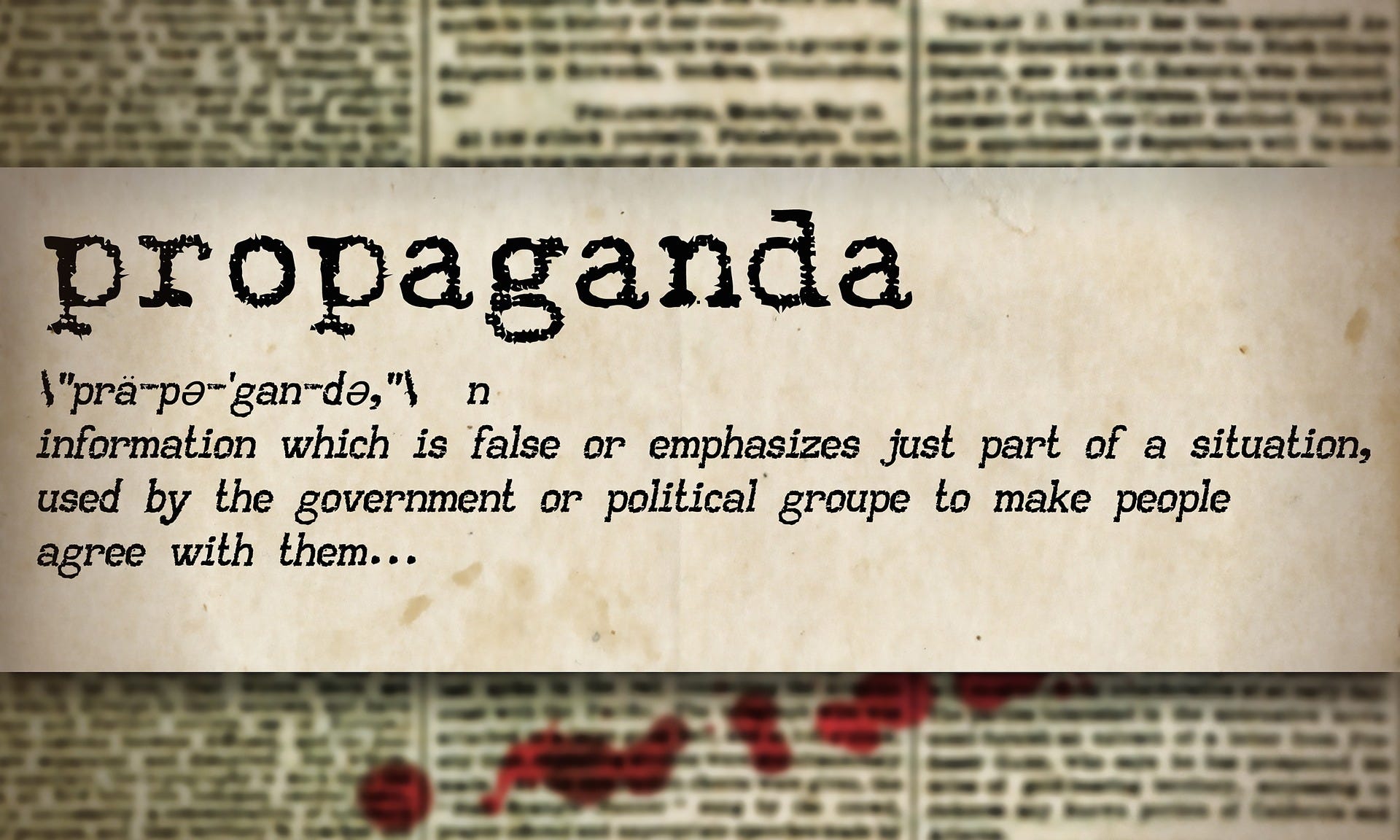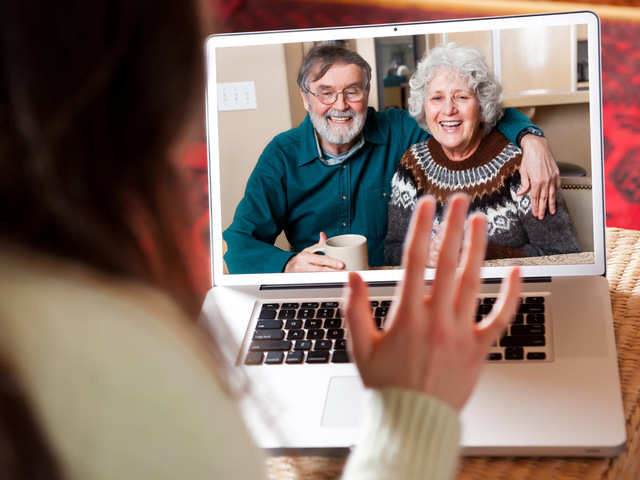Social Media
In relation to the “I’m 14 and I quit social media” article, I completely understand how the girl feels about suddenly knowing your mom and sister have been posting about you. One of my closest friends doesn’t really have a presence on social media, just recently at the beginning of December they finally deleted Snapchat and I couldn’t be happier for them. They explain the feeling of deleting Snapchat as a weight off their shoulders as they found the app pointless and annoying.
I personally wouldn’t delete my social media because I tend to use it to browse through other people’s posts and I don’t necessarily worry about posting for myself ever. For example, I use Instagram to follow artists and small businesses, I use Pinterest for craft ideas and art references, and I use Snapchat to communicate with people that don’t live close by.
In terms of online privacy, yes I do worry about it, but it’s been less of a worry now that I don’t use google too much and I switched my browsers to Brave. With a simple click of a button, I can clear my cookies and feel safer working online and browsing through sites. The main part of my worries is on my phone, occasionally I’ll talk about something I’ve never talked about before, and then later I’ll see an ad for it (One time I thought of something, never said it out loud, and I got an ad for it like an hour later). In a recent update for Windows 10, there’s a big popup with ad tracking options all selected to be on, so I had to go through them all and turn them off. I think all ad tracking should automatically be turned off, and only turned on if the user allows it.
Going through and looking at my Facebook account, it really only shows the company a very basic idea of myself. It shows that I play and make video games, I draw, I live and worked in Niagara Falls, and they know my birthday. I’ve never really posted anything that was opinionated or controversial so that doesn’t display politics, wealth, or living situations which is more important information compared to “I draw”.
My online footprint would probably be really easy to follow, I’ve basically used the same email and password for everything up until college so if someone genuinely tried to figure out what websites I’ve used google to login to, it wouldn’t be that hard. But that doesn’t necessarily mean that I’m scared of someone getting into my account. Over the summer I had a few accounts I had got logged into by not me, so I had to change a few of my passwords to differ from the same variant of this one password I’ve used my entire life. Now it’s gotten to the point where I wrote down all my passwords onto a journal because I cannot for the life of me remember which passwords go to which accounts.
I was also curious if there was a way to calculate an online footprint so I searched “Digital Footprint Checker” and the first result is this website that asks for a bunch of personal information in order to find out if that information is online. I thought it was pretty funny how the site thinks/knows people are dumb enough to fall for that.
Digital Footprint Site:



/arc-anglerfish-arc2-prod-dmn.s3.amazonaws.com/public/4SDVQ23DWWSOVARBYYDFC4UQWU.jpg)




